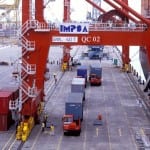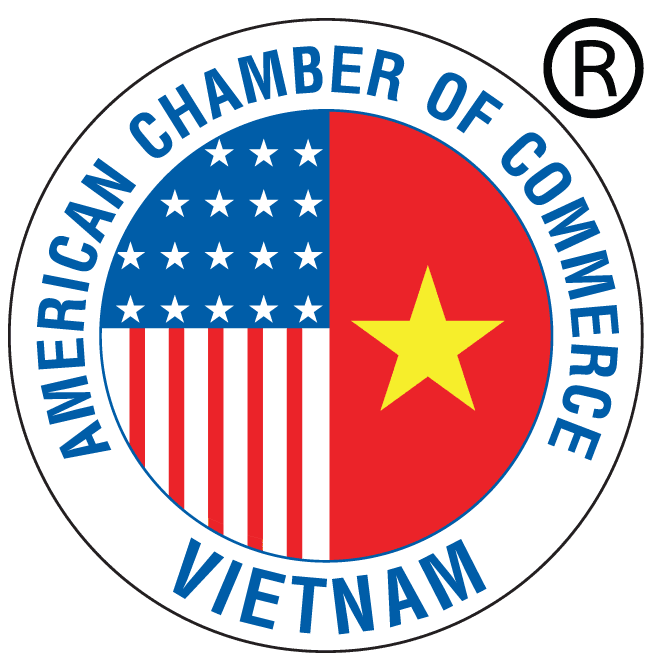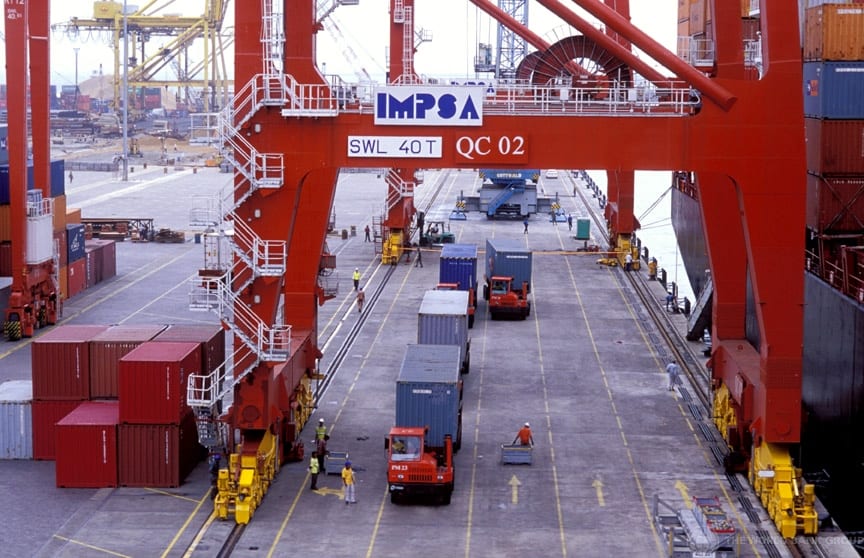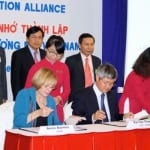Trade Facilitation Support Program Launched by WB, EU, USA, Canada, Australia, Norway

It will help countries reform their trade facilitation practices in a manner consistent with the main components of the new WTO Trade Facilitation Agreement (TFA), signed in Bali, December 2013.
The Program will focus on the effective implementation of trade facilitation reforms in developing countries to enhance private sector competitiveness, thus leading to increased trade, investments and job creation.
It will have two main components – the provision of Technical Assistance (TA), where the WBG will help developing countries reform their trade facilitation laws, procedures, processes and systems in a manner consistent with the WTO TFA;
the second component will focus on Knowledge, Learning and Measurement.
Read more …
Full Text of the WTO Agreement on Trade Facilitation — (English) | (Vietnamese)
WTO Bali Package Trade Facilitation Agreement, Dec 2013
Trade Facilitation Support Program (Fact Sheet)
Trade Facilitation Support Program (Press Release)
Trade Facilitation Support Program (Presentation)
World Bank Trade Facilitation Support Program (Web Site)
Prime Minister Urges Customs Improvements, July 11, 2014
Finding New Sources of Sustained Growth: Vietnam’s Transport and Logistics, WB Report, Jan 2014
More efficient transport and logistics can play a significant role in increasing productivity. By making supply chains more predictable, better transport and logistics allow manufacturers, transportation carriers, logistics service providers, and trade regulators to minimize avoidable delays, thereby increasing output per unit of time while reducing the cost of doing business. Such competitiveness enhancements can better position Vietnam to benefit from global demand, to better serve domestic markets, to attract investment, and to generate quality jobs.
Trade facilitation, value creation, and competitiveness : policy implications for Vietnam’s economic growth, WB Report, July 2013, 3 volumes.
This three-volume report explores the role of trade facilitation and logistics in driving export and ultimately national competitiveness. It posits that this area of trade consists of three interrelated pillars: (i) transport infrastructure and logistics services; (ii) regulatory procedures for exports and imports; and (iii) supply chain organization. Transport infrastructure and logistics services relate to the physical aspects of trade flows. Logistics services include a variety of services, the most important of which are transportation, storage and consolidation. This summary is organized into nine sections. After the introduction, section two presents the conceptual framework for this study. The economic context under which trade facilitation is discussed is outlined in section three. It describes Vietnam’s evolving structure of trade and competitiveness. The country’s trade logistics is part of this structure and this is germane to understanding the key issues and solutions proposed. This is followed by discussion of the three pillars of trade facilitation in sections four to six and then section seven presents the institutional framework underpinning these pillars. Section eight then pulls together the diverse roles of government, such as setting policies, acting as regulator, and being the facilitator working in collaboration with key stakeholders. The conclusion, section nine, suggests a set of recommendations.



Leave a Reply
Want to join the discussion?Feel free to contribute!